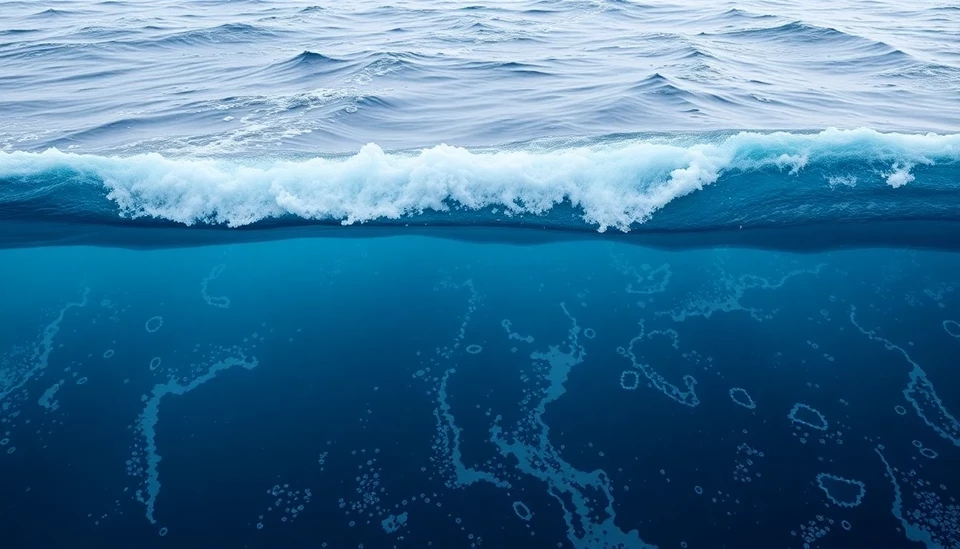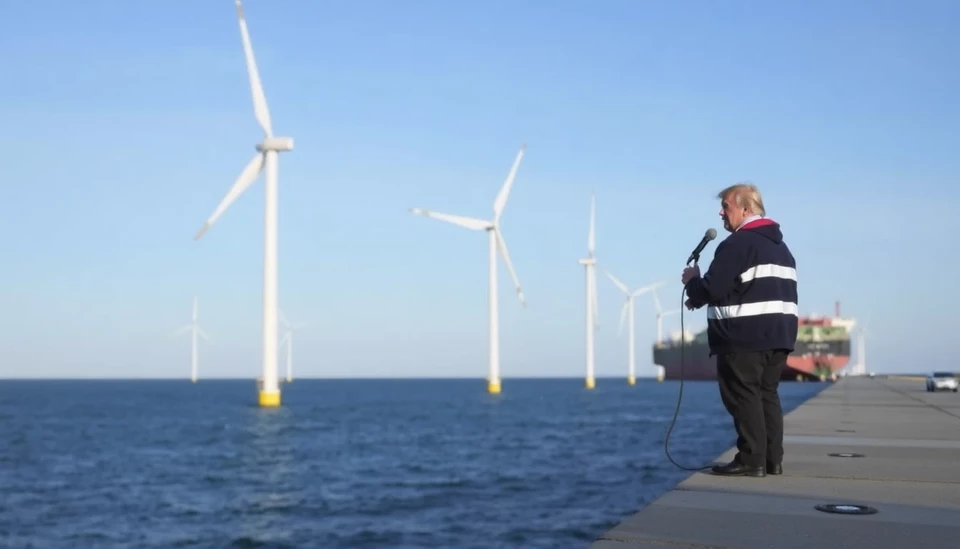
Recent studies reveal a troubling acceleration in ocean heat content, with the rate of warming having quadrupled in just a few years, primarily due to the mounting impacts of global climate change. This finding is alarming and has significant implications for marine ecosystems, weather patterns, and global sea levels.
In the past two decades, scientists have observed an unprecedented rise in the temperature of the world's oceans, a phenomenon largely driven by human-induced climate change. The oceans act as a critical buffer against climate change, absorbing about 90% of the excess heat generated by greenhouse gas emissions. However, with the current trajectory of warming, this role may be compromised, leading to catastrophic consequences.
Research indicates that the rate of ocean heating has quadrupled since the early 2000s. This rapid increase in ocean temperatures was highlighted in a comprehensive analysis of data collected from various parts of the world's oceans. The findings underscore an urgent need for action, as warmer oceans can exacerbate extreme weather conditions, lead to rising sea levels, and disrupt marine life and habitats.
The implications of such extreme ocean warming are far-reaching. Warmer waters contribute to the bleaching of coral reefs, which are vital to marine biodiversity. They also fuel intense hurricane activity, with rising ocean temperatures correlated to stronger and more frequent hurricanes, which pose a significant threat to coastal communities. Furthermore, the increase in ocean warmth affects the distribution of fish species, with potentially dire consequences for fishing industries and food security.
Scientists expressed concern over the cascade of feedback loops triggered by this ocean heat surge. For example, warmer oceans can lead to higher humidity and more intense storms, resulting in more heat being retained in the atmosphere. This interconnectivity emphasizes the urgent need to reduce greenhouse gas emissions and to develop strategies for adaptation.
The report calls for countries to reinforce their commitments to international climate agreements and to invest in renewable energy sources. Proactive measures must be taken to reduce emissions while enhancing the resilience of coastal communities against climate change impacts.
This alarming rise in ocean heat content highlights the extraordinary pace at which our climate is changing, urging scientists, policymakers, and the public to take these issues seriously. The stakes have never been higher, as we stand at a critical juncture in determining the future of our planet.
#ClimateChange #OceanWarming #GlobalWarming #MarineEcosystems #ClimateCrisis #RenewableEnergy #Sustainability
Author: Sophie Bennett




